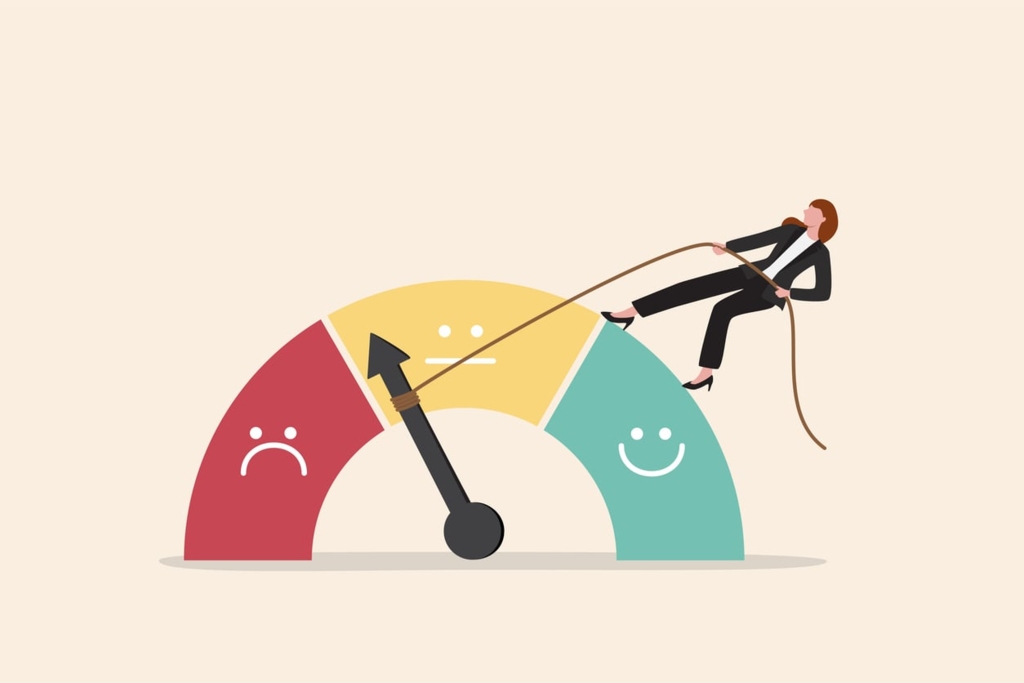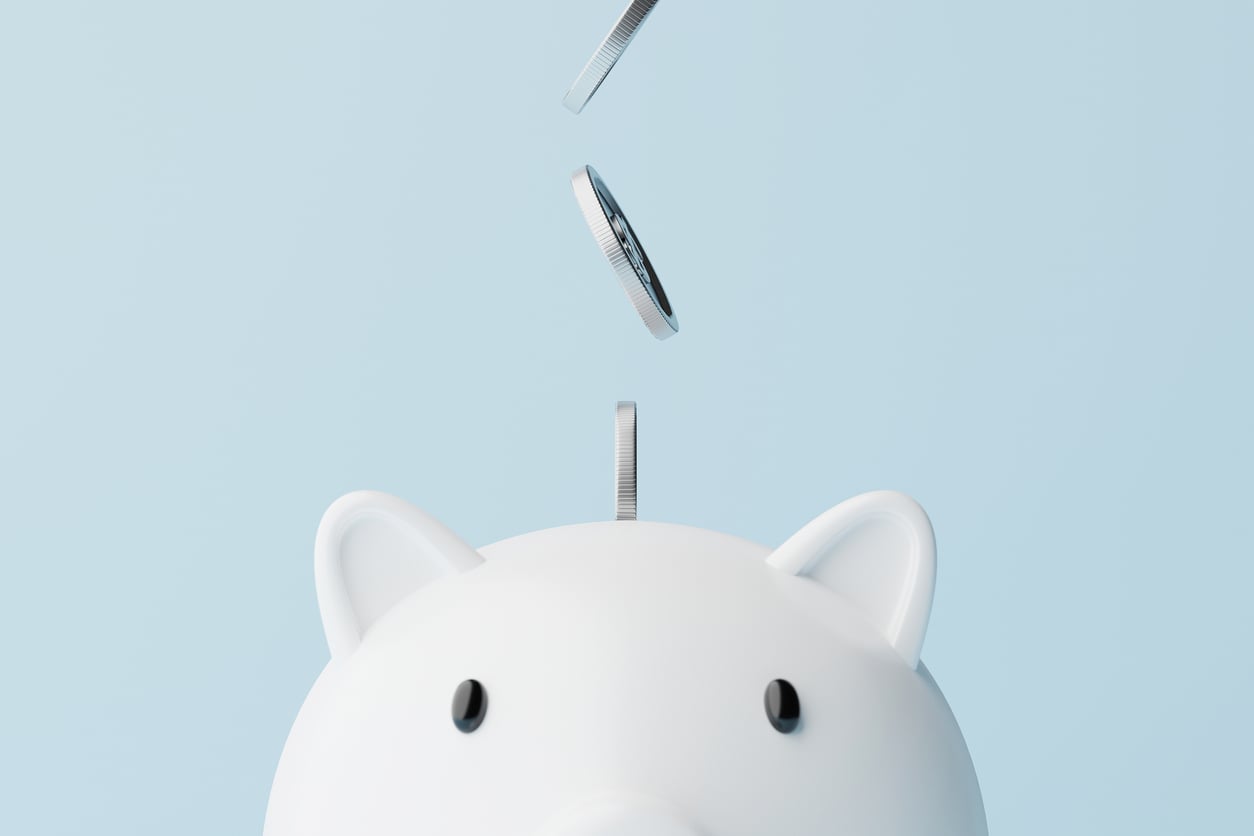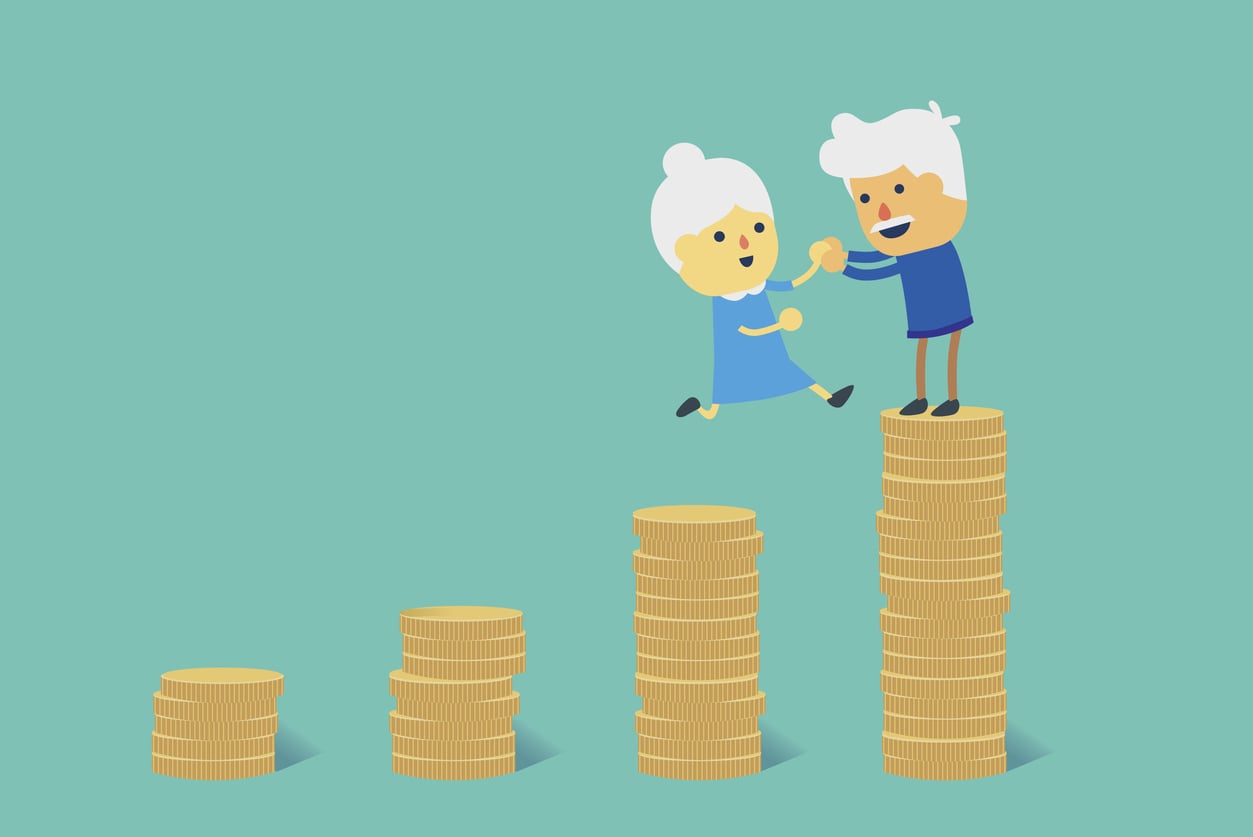The Best Tips for Improving Your Credit

Do you want to get your credit score up? It can be tough, but it's not impossible. In this blog post, we will discuss some of the best tips for improving your credit score. We'll talk about how to get started, what to do if you're struggling, and some other helpful tips. So whether you're just starting out or you've been working on your credit for a while, these tips will help!
1. Monitor Your Credit Report
Many people view their credit report as a mystery, an unknowable factor in their financial lives. In reality, your credit report is a fairly simple document that can be a helpful tool in managing your finances. By monitoring your credit report, you can keep tabs on your payment history and credit utilization, which are two of the most important factors in determining your credit score. Additionally, you can identify any errors or inaccuracies that may be dragging down your score. If you find any errors, you can dispute them with the credit bureau and have them corrected. In short, monitoring your credit report is a simple and effective way to take control of your credit health.
2. Always Report Inaccuracies
Always report inaccuracies on your credit report. This is a good tip for improving your credit. By law, you are entitled to one free credit report from each of the three major credit bureaus every year. Request your free annual credit reports from AnnualCreditReport.com. Review your credit reports carefully for any inaccuracies, such as incorrect personal information, errors in your payment history, or fraudulent activity. If you spot any errors, dispute them with the credit bureau right away. You can do this online, by mail, or by phone. Be sure to include copies of any supporting documentation. Once the credit bureau investigates and corrects the error, it will send you an updated copy of your credit report. If you have a good credit history, you should see a significant boost in your credit score. Reporting errors is one of the best ways to improve your credit score quickly and easily.
3. Pay Off Cards That are Near the Limit First
If you're looking to improve your credit, one tip is to pay off cards that are near the limit first. This is because your credit utilization ratio (CUR) is one of the biggest factors that lenders look at when considering your creditworthiness. CUR is calculated by dividing your total credit card debt by your total credit limit, and a higher ratio means that you're more likely to miss payments or default on your loan. By paying off cards that are near the limit, you can lower your CUR and improve your chances of getting approved for new lines of credit. So if you're serious about improving your credit, make sure to pay down those balances!
4. Pay Off Small Balances Next
Depending on the card, companies report to the credit bureau when you make your monthly payment. Therefore, if you have a balance of $100 and you pay $50, the card company may report that you’ve paid 50% of your balance. However, if you have a balance of $10 and you pay $5, the card company may report that you’ve paid off the entire balance. In addition, paying off small balances can help improve your credit score in two ways. First, it can lower your credit utilization ratio, which is the amount of credit you’re using compared to your credit limit. Second, it can show potential lenders that you’re capable of managing your debts. As a result, paying off small balances is a simple and effective way to improve your credit.
5. Set Up Automatic Bill Payments
One simple and effective way to improve your credit score is to set up automatic bill payments for your credit card and loan payments. This will ensure that your payments are made on time each month, which is a major factor in determining your credit score. In addition, automatic payments can help you to stay organized and avoid late fees. To set up automatic payments, simply contact your creditors and provide them with your bank account information. Then, arrange for the payments to be withdrawn on the same day each month.
6. Consolidate Your Debt
One important factor in your credit score is your debt-to-credit ratio, which is the percentage of your credit limit that you're using. So, if you have credit cards with a combined credit limit of $10,000 and you're carrying a balance of $5,000, your debt-to-credit ratio is 50 percent. To lower this ratio, one option is to consolidate your debt onto one card with a lower interest rate. This will reduce the amount of interest you're paying and may help you pay off your debt more quickly. As an added bonus, consolidating your debt can also help to improve your credit score by increasing your credit limit and lowering your overall balance. Therefore, if you're looking for ways to improve your credit score, consolidating your debt may be a good option to consider.
7. Don't Apply for Too Much New Credit
Applying for too much new credit can actually have a negative effect on your credit score. Each time you apply for a new credit card or loan, the lender will do a hard inquiry on your credit report. This can cause your score to drop by a few points and remain lowered for up to a year. Additionally, if you are approved for a new line of credit, your average account age will decrease, which can also lead to a lower score. So, if you're looking to improve your credit, it's best to avoid applying for too much new credit. Instead, focus on using the credit you already have responsibly and paying your bills on time. By following these tips, you can help improve your credit score over time.



